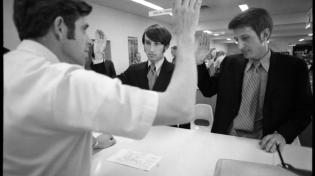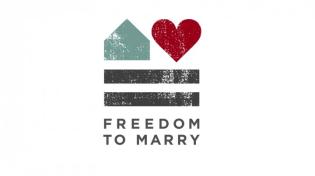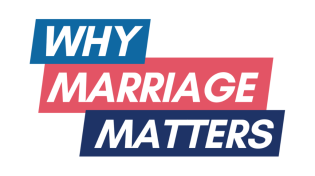800-800-0350
Minnesotans United for All Families was formed jointly by Project 515 and OutFront Minnesota to defeat legislation, constitutional amendments, and propositions that would exclude some families from the institution of marriage, and in particular to defeat a ballot question put before the voters in November 2012 that would have amended the Minnesota constitution to define marriage as the union between one man and one woman. The ballot question was defeated, and subsequent legislation legalized same-sex marriage in Minnesota in 2013.
Project 515

In 2006, Project 515 set out with a specific, achievable goal: To ensure that same-sex couples and their families have equal rights under Minnesota law. At least 515 statutes in Minnesota discriminated against same-sex couples. Project 515 worked to change those laws from discriminatory to inclusive for same-sex couples and their families.
Statutory definitions of marriage and family often discriminated against issues as simple as obtaining a discounted family fishing license, to those as complicated and essential as end-of-life healthcare decisions. By drawing attention to the everyday challenges same-sex couples and their families had to navigate, Project 515 succeeded in helping to change the conversation around same-sex marriage.
Declaring same-sex marriage battle won, Project 515 ends.
Project 515 ended June 30, 2014.
The bill to create a voter referendum passed in May 2011. At that time, no public ballot initiative supportive of marriage equality had passed in the country, notably Prop 8 in California.
The referendum asked, “Shall the Minnesota Constitution be amended to provide that only a union of one man and one woman shall be valid or recognized as a marriage in Minnesota?”
Organizers on both sides of the issue received strong support. Early on, Public Policy Polling (PPP) reported that 48 percent of Minnesotans supported the amendment and 47 percent opposed it. Then the balance began to shift. By November 3, PPP predicted that 45 percent of Minnesotans would vote “yes” and 52 percent would vote “no.”
On November 5, 2012, nearly three million people weighed in on the marriage amendment. About 48 percent voted in favor; about 51 percent voted in opposition.
The amendment’s failure made Minnesota the first and only state to reject a same-sex marriage ban through the will of voters rather than a court ruling.
Minnesota United For All Families Campaign

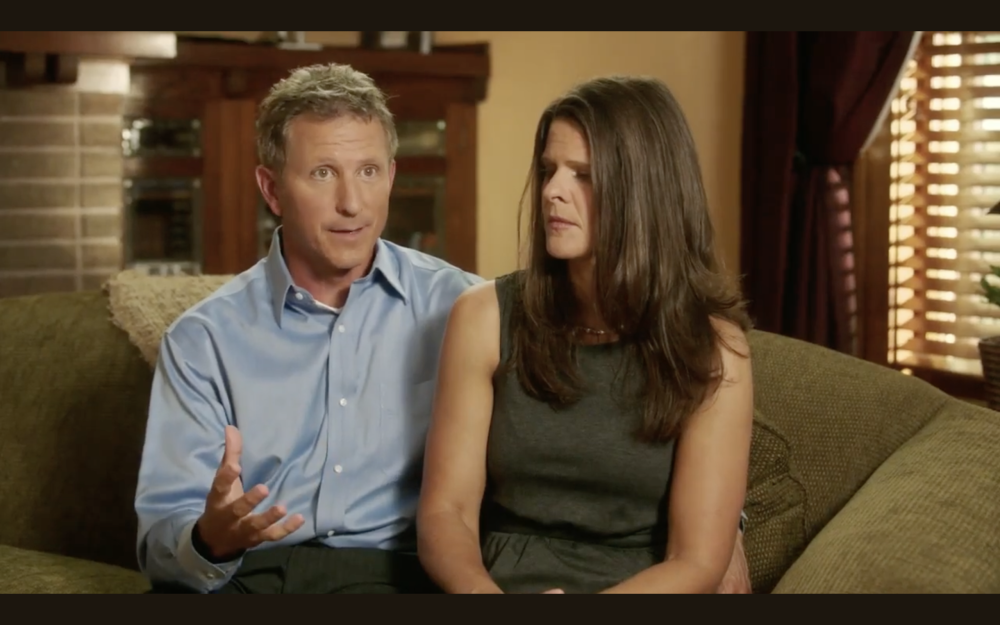
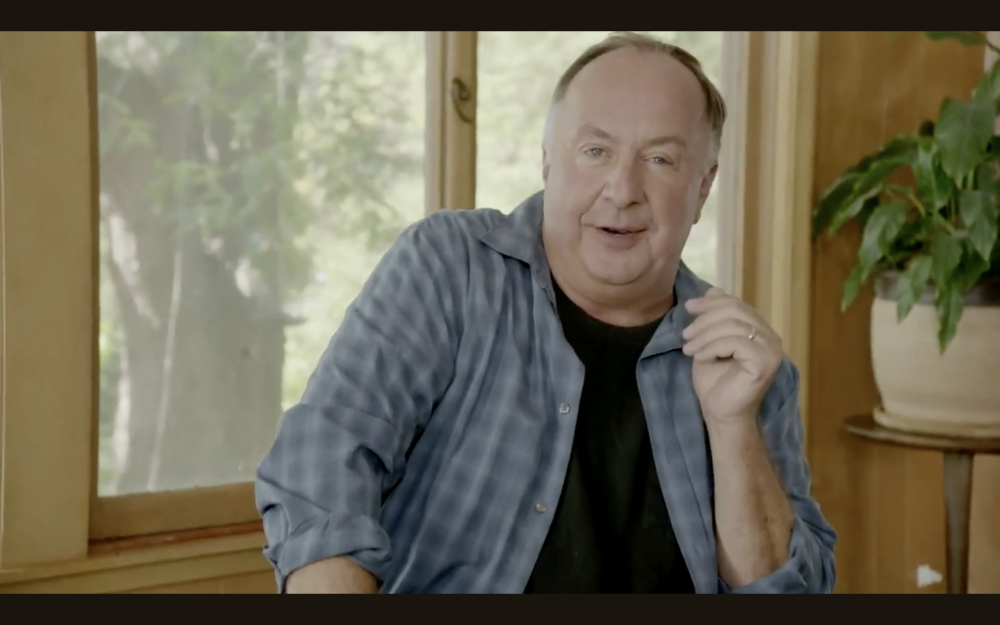
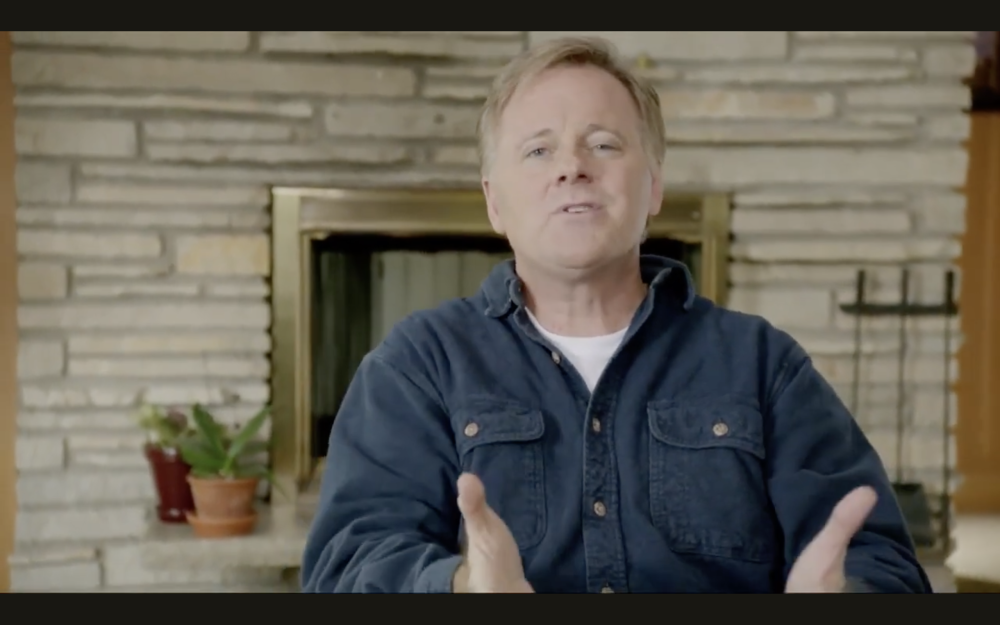
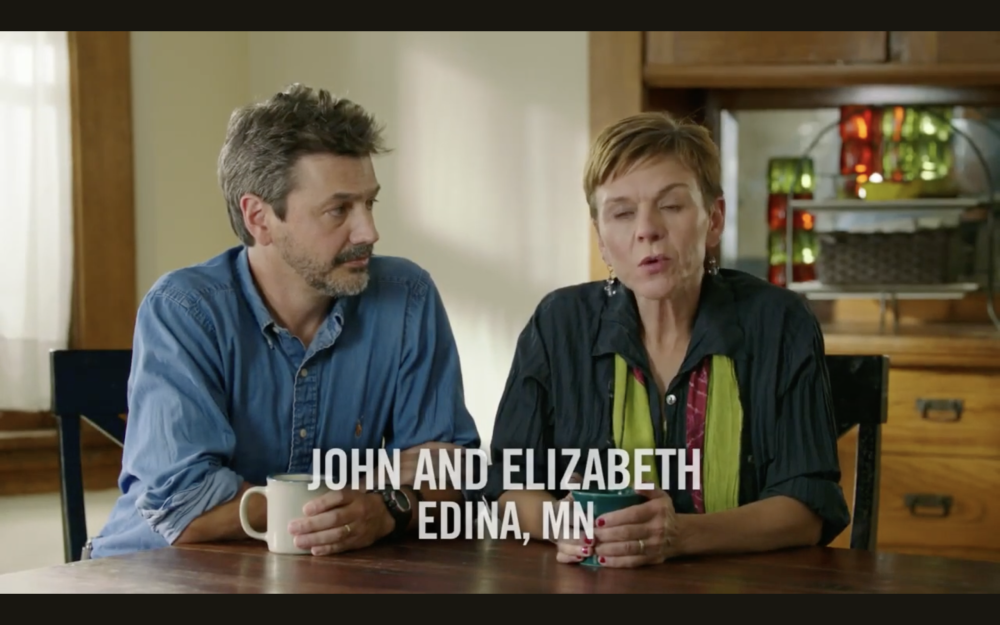
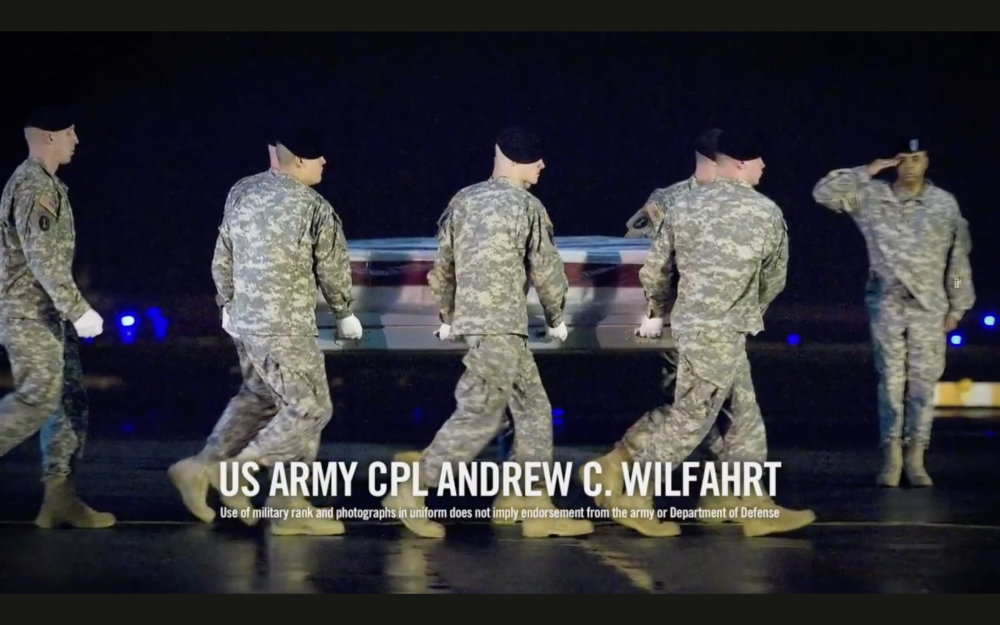
The Minnesotans United campaign defeated a hurtful constitutional amendment that would have permanently limited the freedom to marry and won marriage equality for same-sex couples (the 12th state to do so). This campaign also showed the country how to win by sharing our personal stories about why marriage matters.
Minnesotans United created the biggest grassroots movement our state has ever seen:
- 27,000 volunteers
- 1,000,000+ individual conversations
- 67,000 donors
- Over 700 coalition partners
- 52% of Minnesotans voted NO—more than 1.5 million people!
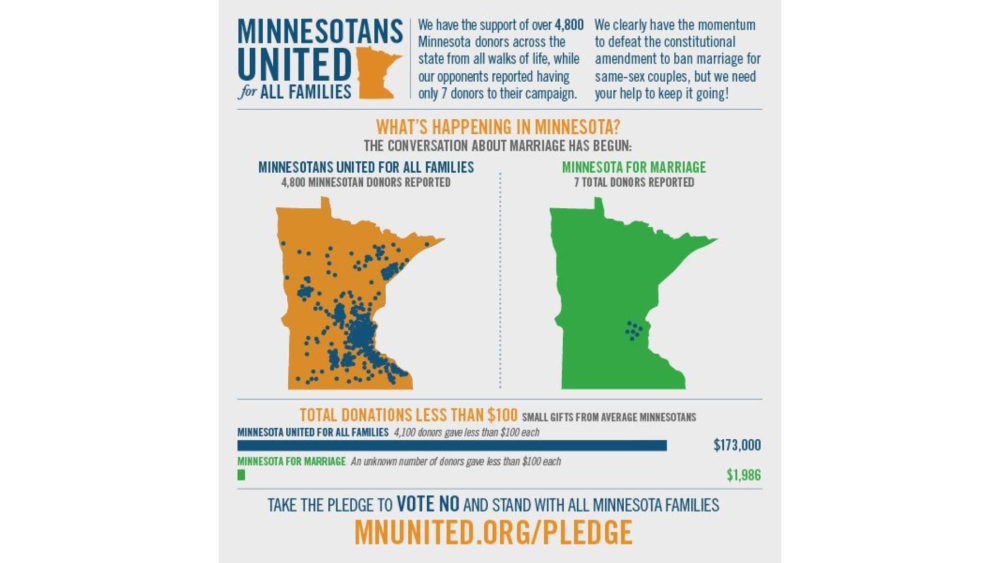
Moment of Victory
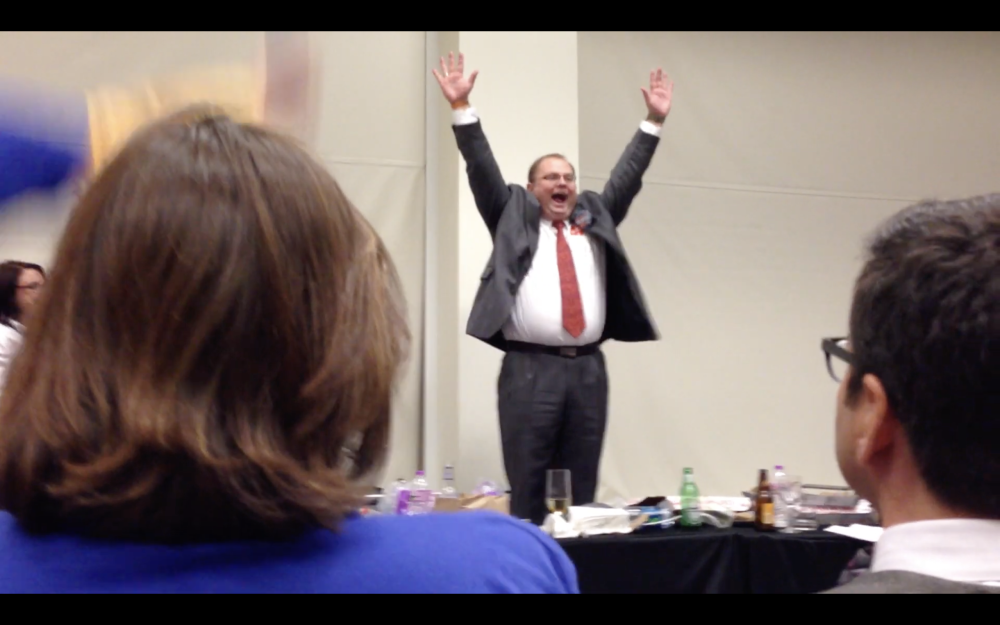
Minnesota House and Senate Pass Marriage Equality
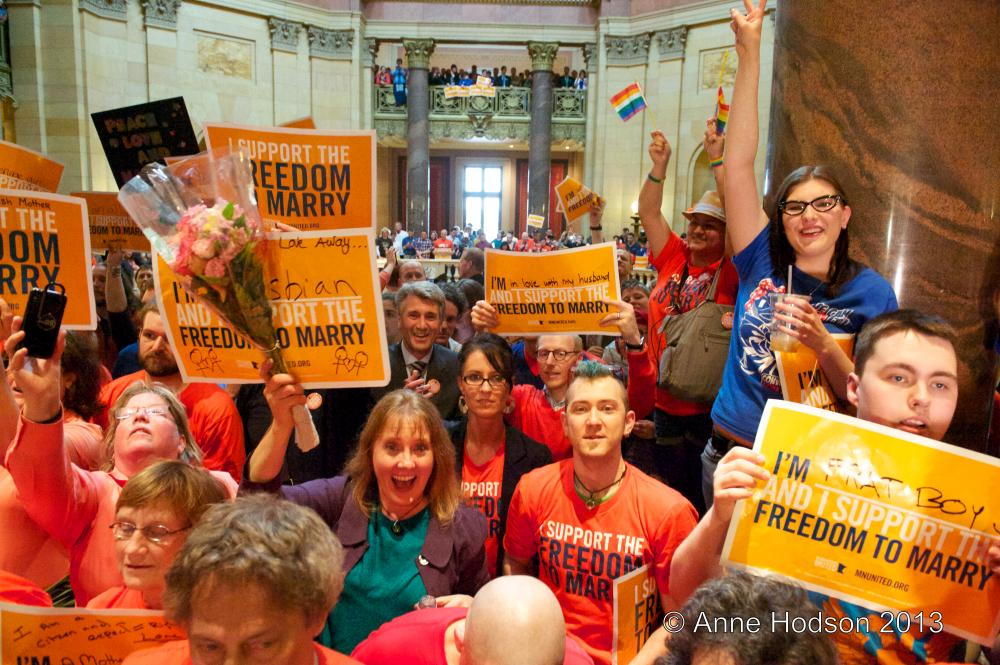
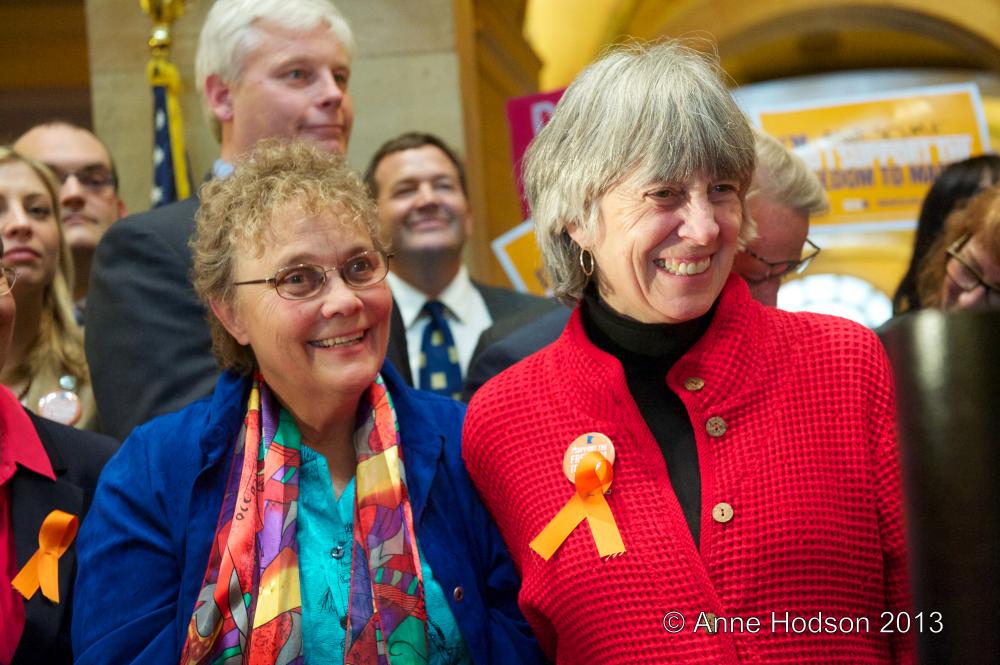
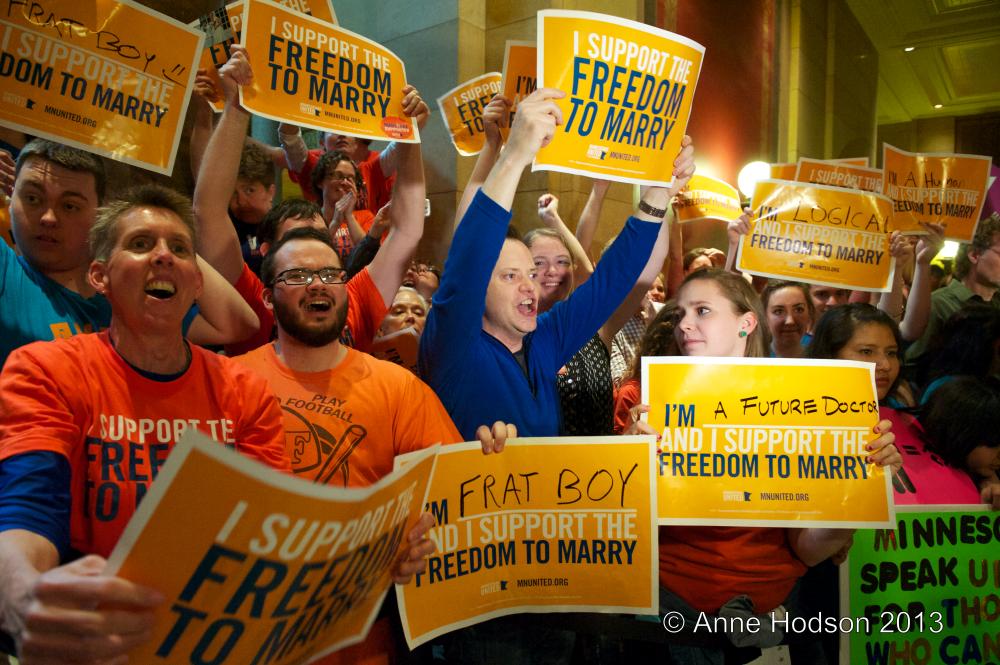
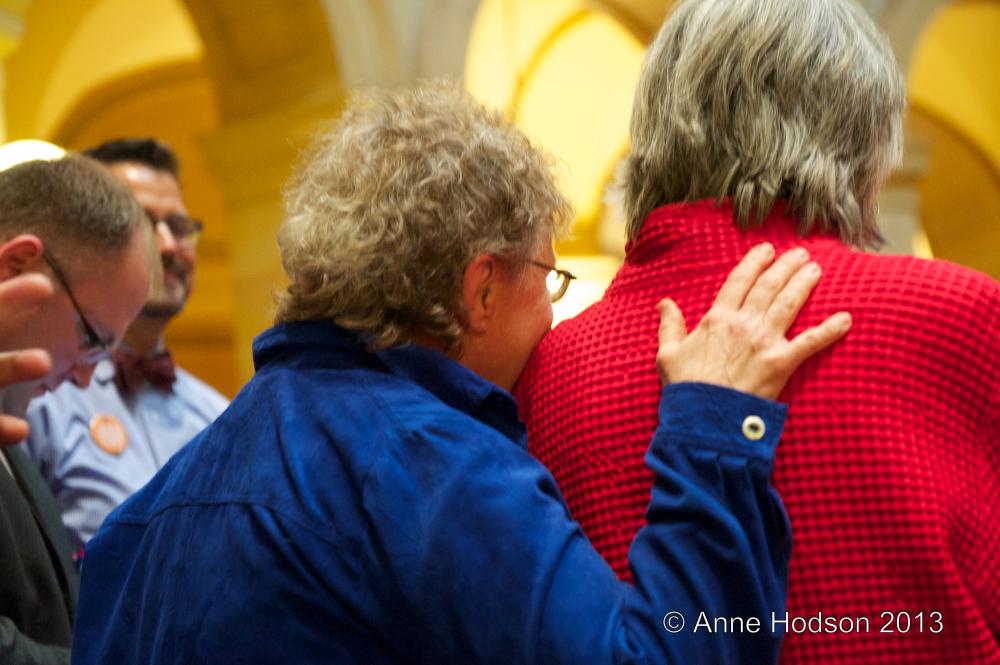
Energized by the amendment’s defeat in 2012, marriage equality supporters and legislators worked together to draft a bill that legalized marriage equality. Governor Dayton signed the bill into law just over six months later, on May 14, 2013 in front of a crowd of 6,000 supporters.
The success achieved was also due in large part to Governor Mark Dayton and legislators Senator Scott Dibble and Representative Karen Clark.
Minnesotans United For All Families accomplished its goal and continued to keep the movement alive through events like the annual Big Gay Race. The group formally dissolved on December 31, 2014.
Governor Dayton Signs Marriage Equality Into Law
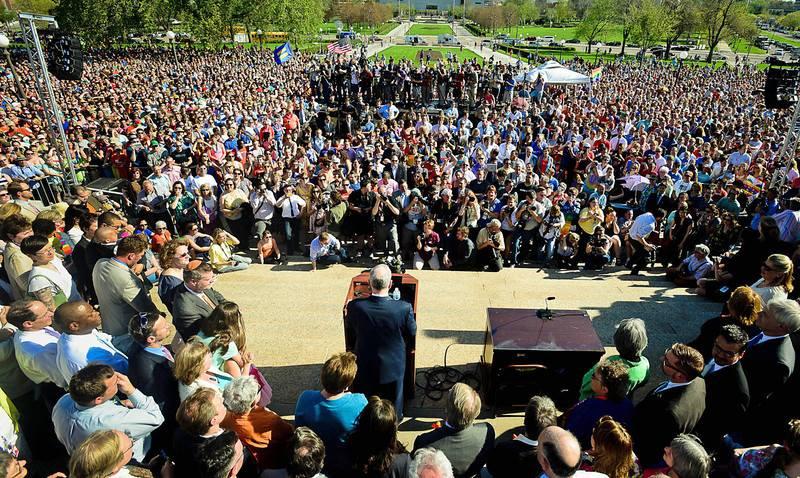
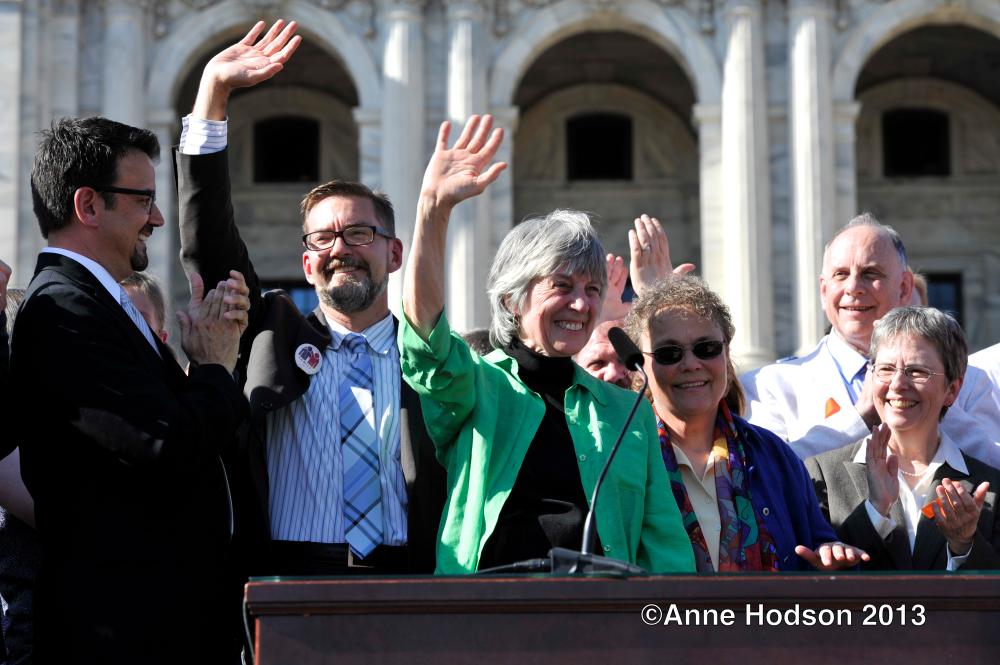
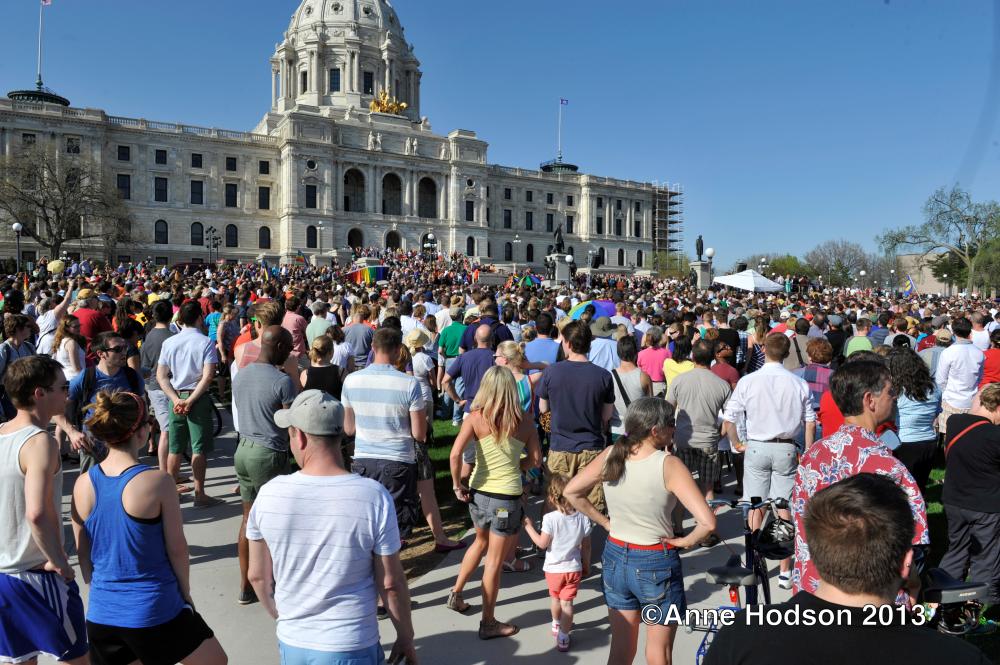
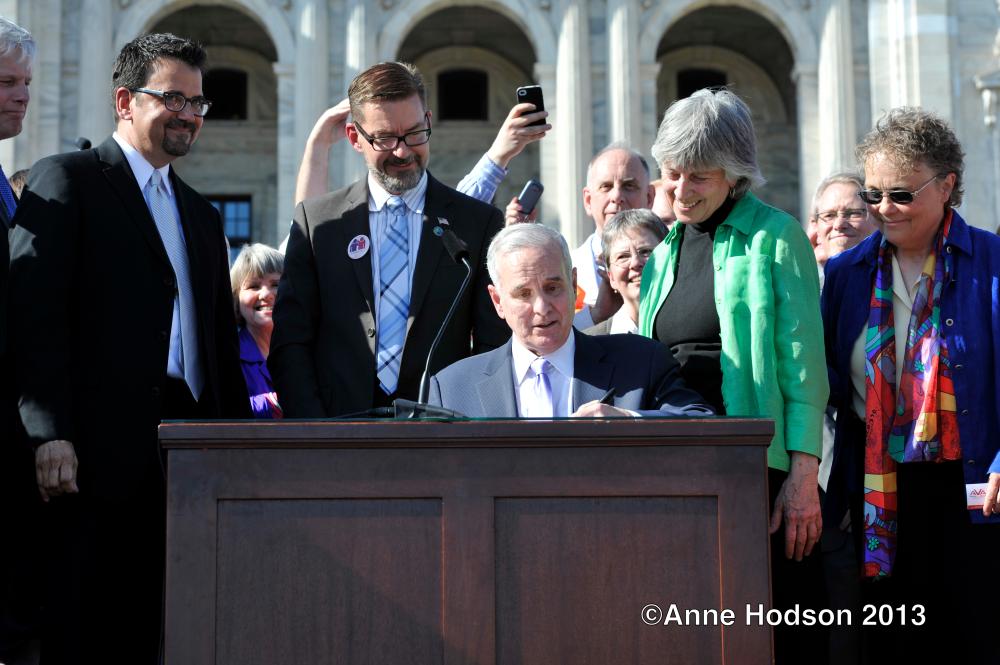
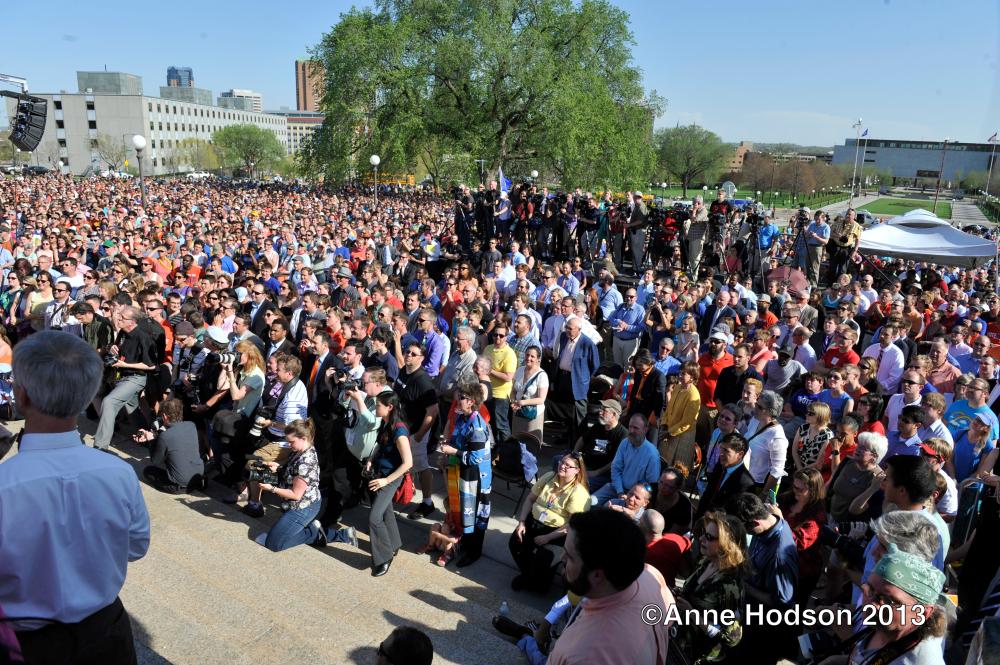
Learn More
- Aslanian, Sasha and Eric Ringham. "EIGHTEEN MONTHS TO HISTORY: How the Minnesota marriage amendment was defeated -- money, passion, allies." MPR News. November 9, 2012.
- Bierschbach, Briana and Rochelle Olson. "'Motivated by love': A look back at Minnesota's fight to legalize same-sex marriage." Star Tribune. May 12, 2023.
- Condon, Patrick. "Dayton signs same-sex marriage bill at Capitol ceremony." MPR News. May 14, 2013.
- Ehrenhalt, Lizzie. "Minnesota Amendment 1." MNOpedia. September 14, 2016.
- How Love Won—The Fight for Marriage Equality in Minnesota. Dir. Michael McIntee, 2016. howlovewon.com TRAILER
- Yuen, Laura. "Marriage amendment defeat 'historic' in Minn." MPR News. November 7, 2012

